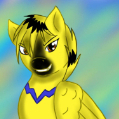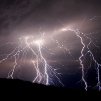-
Similar Content
-
- 1 reply
- 569 views
-
how would the Eddsworld characters sing a true true friend?
- a true true friend
- crossover
- (and 21 more)
- 2 replies
- 406 views
-
- 2 replies
- 157 views
-
- 1 comment
- 318 views
-
- 185 replies
- 9,572 views
-
-
Recently Browsing 0 members
- No registered users viewing this page.






Recommended Posts
Create an account or sign in to comment
You need to be a member in order to leave a comment
Create an account
Sign up for a new account in our community. It's easy!
Join the herd!Sign in
Already have an account? Sign in here.
Sign In Now